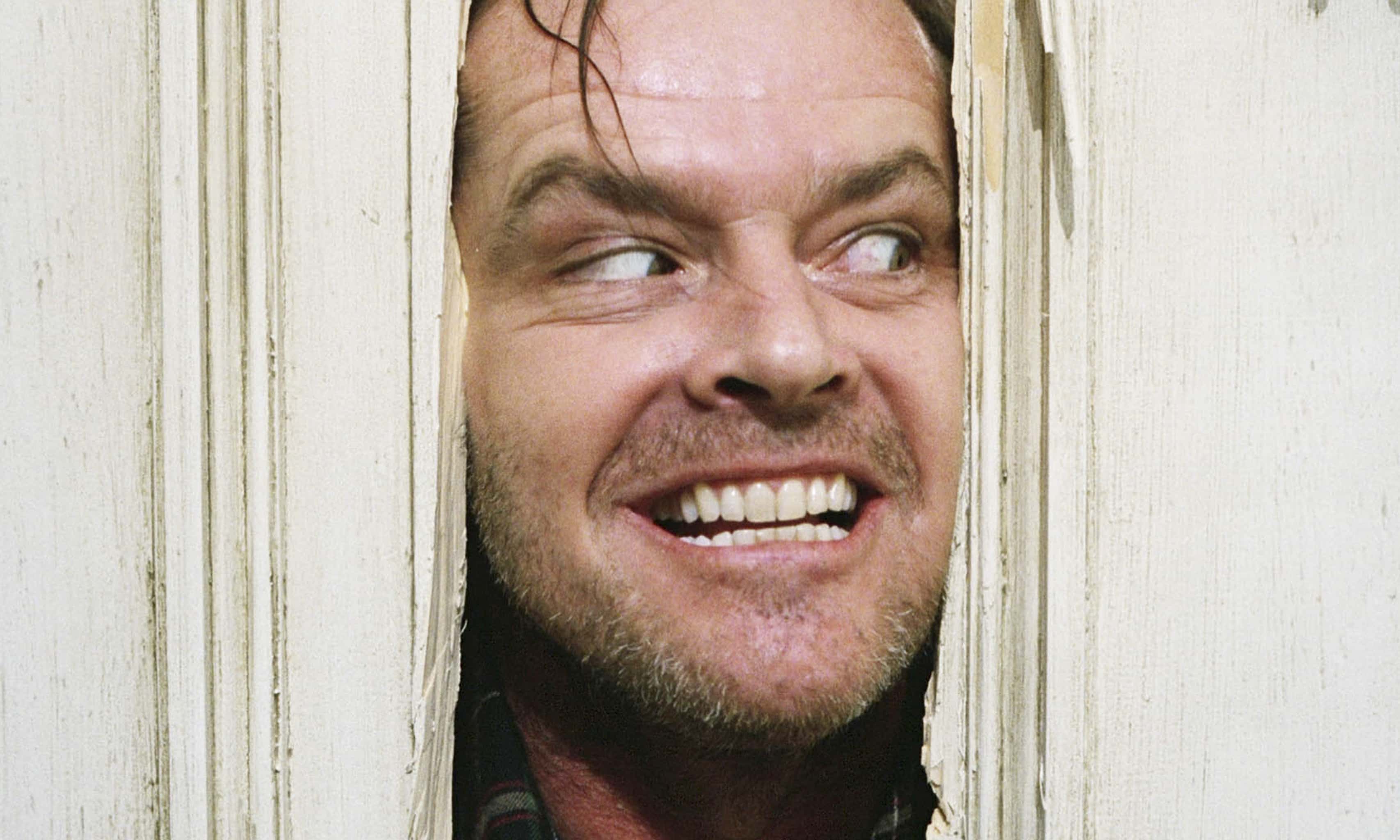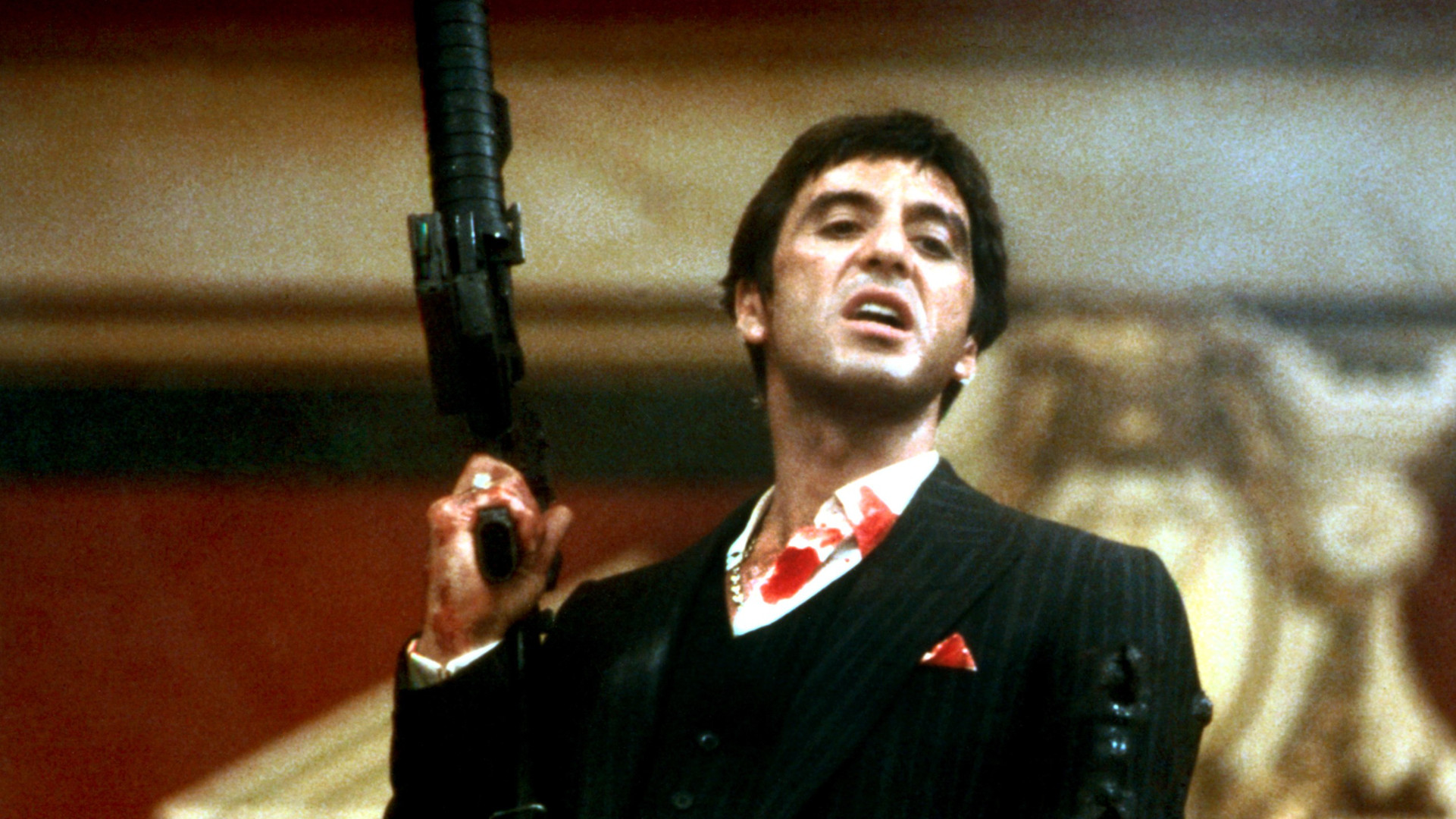The Shining
Back in the 80s,
The Shining was not a popular movie. While it did decent in the box office, it
wasn’t until a few years ago that it was regarded as a modern masterpiece in cinema.
The common criticism was the movie’s slow pace and the book to screen adaption.
It became one of Kubrick few movies to receive no Oscars or Golden Globe
nominations. It even was nominated for Worst Actress and Worst Director at the
Razzie’s.
The Thing
We know it now as
one of the greatest horror movies ever made, it’s makeup special effects was
way ahead of its time, and its fingerprints all over films with the same
genres. But when it first came out in 1982 it was completely scorned by critics.
Vincent Canby’s review for New York Times called it "a foolish,
depressing, overproduced movie that mixes horror with science fiction to make
something that is fun as neither one thing or the other. Sometimes it looks as
if it aspired to be the quintessential moron movie of the 80s." The Thing
was also nominated in the Razzie Awards for Worst Musical Score.
Fight Club
It’s not an
exaggeration to say that Fight Club is perhaps one of the most controversial
movies of all times. In our modern world, the film made lots of lists as one of
the greatest movies ever made, or best movies of the 90s. The Quote “The first
rule of fight club is you do not talk about fight club," made Premiere’s
list as the 27th greatest movie line of all time. In the 90s however, critics
either loved or hated it. Some showed concern over copy-cats incidents like
what happened with A Clockwork Orange. The film’s harsh criticism reflected on
its box office performance, and The British Board of Film Classification
removed two scenes in the UK for violence.
Blade Runner
The criticism for Blade Runner ranged from slow pacing
events, to lack of development in the 80s. Ridley Scott’s version of the movie
was not the theatrical cut, and instead Harrison Ford was forced to record voiceover
narration to simplify the movie further. Critics saw the narration as tasteless
yet annoying enough to rid the movie of its complexity. Ridley’s version made
it to the Home Media cut, which elevated it to cult classic status that citied
Blade Runner as one of the most well respected sci-fi films ever made. Even
though it bombed at the box office, a sequel was released in 2017 that was
better received than the original.
2001: A Space Odyssey
One of the most influential movie in cinema history was once
called "a monumentally unimaginative movie" by Pauline Kael. The
three hours runtime and perplexing plot was what the main negative reviews were
about it. While it was considered a major accomplishment in special effects and
cinematography in 1968, Kubrick was criticized for the dullness and the lack of
human connection. Today, 2011: A Space Odyssey is considered Kubrick’s
signature movie, and one the foremost inventive film of the 20th century.
The Wizard of Oz
Everyone knows the Wizard of Oz, everyone loves The Wizard
of Oz. But it wasn’t always the case in 1939. The film was criticized for its
lack of imagination and ingenuity. Some critics went as far as calling it
cringy. The film was also a major box-office flop, but when it was re-released
ten years later it made profit. Wizard of Oz’s presence on tv led it to be one
of the most seen and known films of all time.
The Exorcist
The Exorcist critical reception grew considerably over the
years. And while many horror movies of today borrow elements from it, it wasn’t
so popular with critics in 1973. The heavy disapproval was on the grotesque
special effects, to the point where they wanted the “R” rating to change to
“X”. Rolling Stone called the movie "nothing more than a religious porn
film.” It was later edited to show on television, where it reached an even
bigger audience that cemented its legacy in the horror movie genre.
Scarface
Scarface’s box-office success did little to change critic’s
minds, who found its overly foul language and graphic violence off putting and
controversial. Writers like Kurt Vonnegut and John Irving allegedly walked out
in disgust after the infamous chainsaw scene. It single handedly launched the
careers of Mastrantonio and Pfeiffer. Today Scarface is considered one of the
greatest gangster movies ever made.
Alien
This Ridley Scott’s horror/sci-fi classic was poorly
critically received mostly due to the critic’s unfavourable opinions towards
science fiction films at the time. Alien was criticized for it imaginative
deficiency and was declared a disappointment compared to competition like Star
Wars. A lot of critics re-evaluated their reviews when the Director cut was
released later. The film’s big box-office success garnered a big dedicated
fanbase. It went on to win an Academy Award for Visual Effects in 1979.
Willy Wonka & The Chocolate Factory
The critics hated how the film strayed from the source
material. Roald Dahl practically disowned the movie because of casting choices
and the changes that were made regarding the film’s focus on Willy Wonka
instead of Charlie. It did poorly in its box office run during 1971, but due to
home media sales and numerous television showings it became a certified family
movie.










